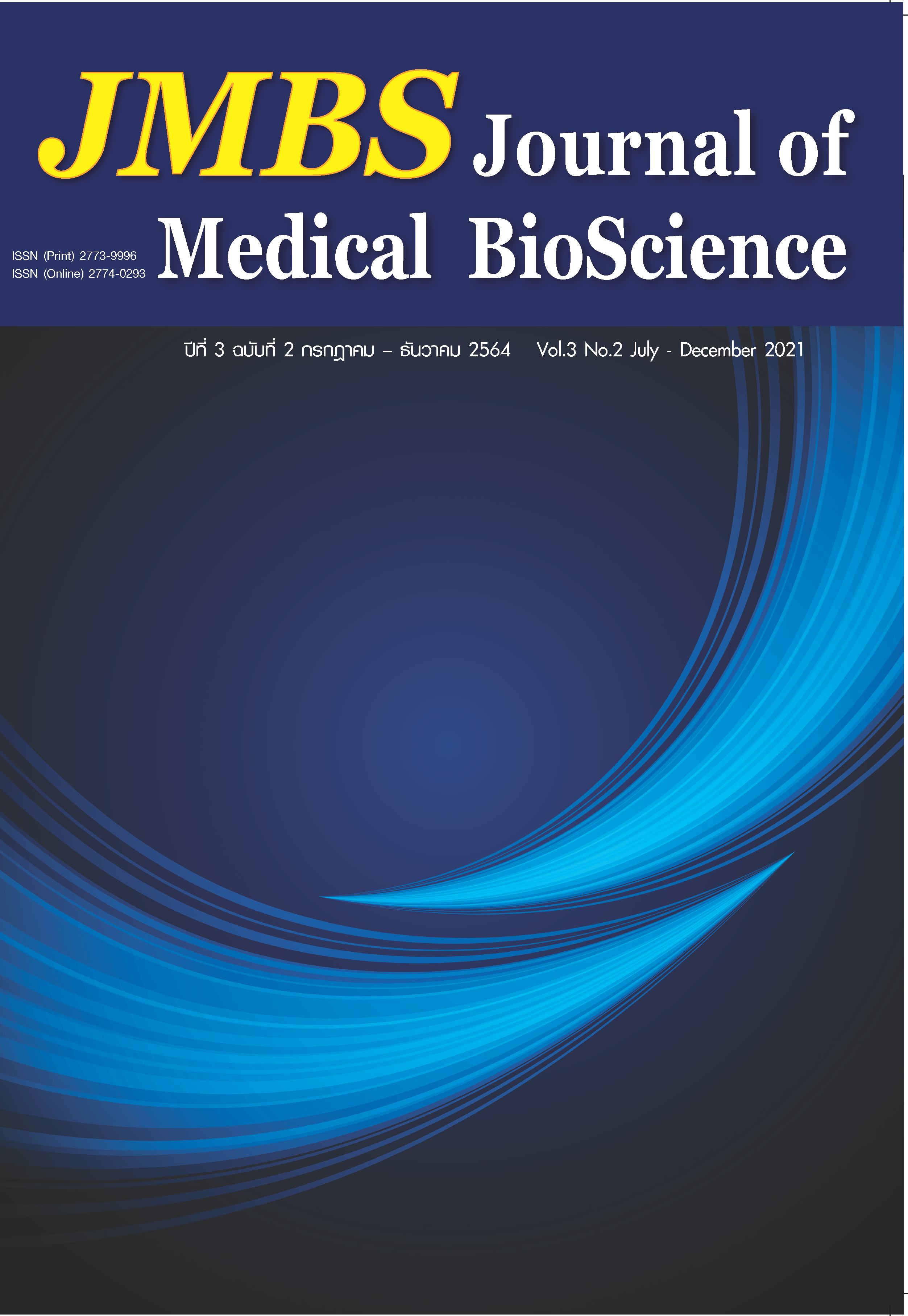Contributory influence of supplemental intake and environmental pollutants on baseline serum and human milk levels of lead, cadmium, chromium, and zinc in lactating women in Lagos, Nigeria
Keywords:
Cadmium, lactating women, lead, supplements, zincAbstract
Background:Routine heavy metal assessment is important in lactating women.
Objectives:This study aimed to investigate the concentration of lead, cadmium, and chromium and the protective role of zinc in the peripheral blood and breastmilk of lactating women within four weeks of delivery at the Lagos University Teaching Hospital (LUTH). It also sought to explore the link between heavy metals and supplemental intake, or environmental pollutants linked to heavy metals.
Methods:A total of 40 subjects were recruited for the study. The sociodemographic characteristics,supplemental intake use, and possible exposure to some sources of heavy metals were assessed using standard methods.
Results:The results revealed that 67.0% of the subjects had lived in Lagos for more than 120 months(120). About 60% reported using eye kohl and some used hair dye. The serum level of lead was observed to be higher in those with a higher intake of Vitamins D and B. The serum level of cadmium was also observed to be lower in those who took calcium as a supplement. Zinc levels were lower in the participants who reported taking folic acid as a supplement.
Conclusion:Supplementations with vitamins, calcium and folic acid as well as exposure to hair dye,paints and radiation have the potential to alter the serum and breastmilk levels of important microelements like cadmium, lead and zinc in lactating women.






